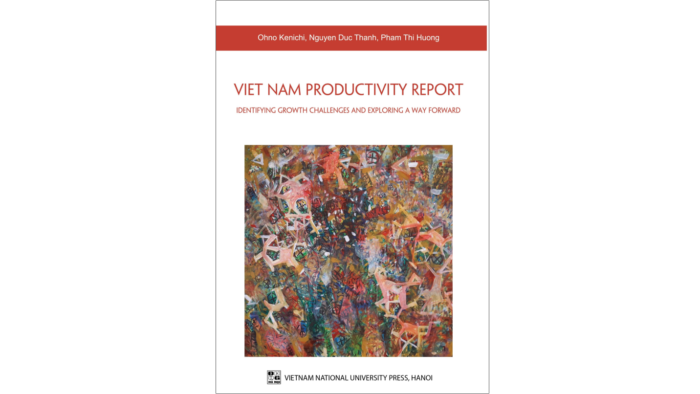
Viet Nam Productivity Report
Đăng vào 13/12/2021

Download Key findings HERE.
The Vietnamese economy is under constant pressure from deepening global and regional integration and the future risk of a middle income trap. Despite the reasonably high growth attained in the last three decades (1990-2020), Viet Nam’s productivity and innovation remain low, and Vietnamese enterprises generally have not secured sufficient competitive advantage to cope with the global market. This Report is the first comprehensive study on Viet Nam’s productivity focusing on labor productivity and total factor produc- tivity (TFP) in a continuous time span of three decades. It analyzes the process of productivity growth of the entire economy, across sectors and over time, as well as by making com- parisons with neighboring countries, using different methods.
When most workers remain unskilled and factories are operating ineffi- ciently, it is difficult for Viet Nam to conquer the global market with high quality and innovation. Industrial challenges must be taken up in proper sequence without jumping necessary steps. Instead of discussing the frontline technologies such as bio-tech, Al, loT, blockchain, etc. of the Industry 4.0, the author argues that the basics of productivity improvement such as business man- agement, factory efficiency, workers’ skill and attitude, administrative and logistic efficiency and the like, should be widely understood and effectively practiced in Viet Nam. The latest techn&togies will become more relevant when Vietnamese factories operate at world-class efficiency and Vietnamese workers are well-trained and disciplined, and when Viet Nam is ready to move up from upper-mid- de income to high income.
This Report was prepared by researchers of the Viet Nam Institute for Economic and Policy Research (VEPR), at the Viet Nam National University in Ha Noi, in cooperation with the GRIPS Development Forum (GDF) of the National Graduate Institute for Policy Studies (GRIPS) in Tokyo. The drafting team consisted of Associate Professor Nguyen Duc Thanh (VEPR/VESS), Ms. Pham Thi Huong (VEPR), and Professor Ohno Kenichi (GRIPS).

